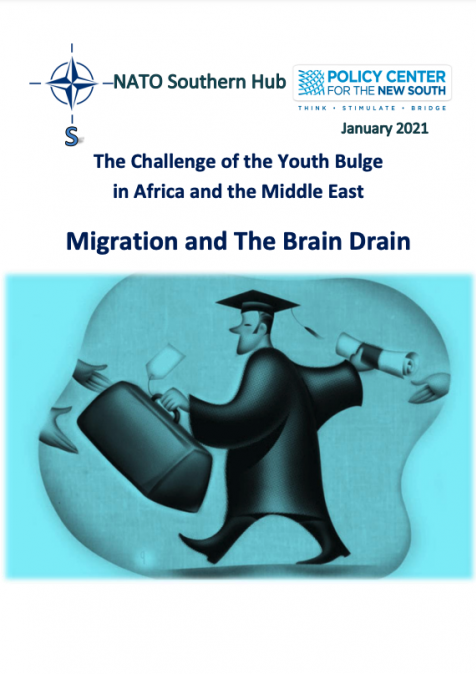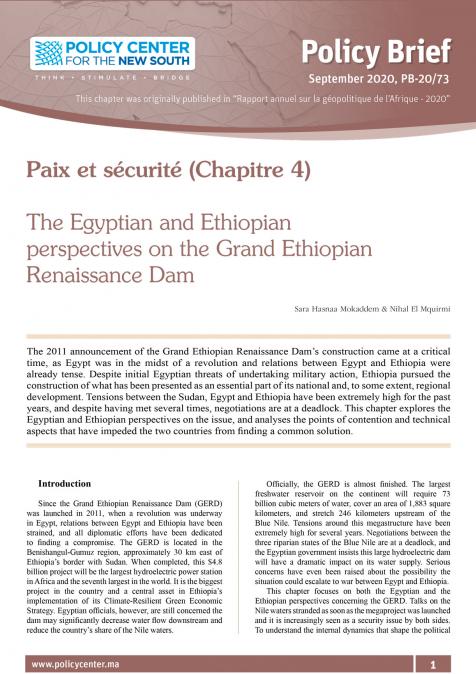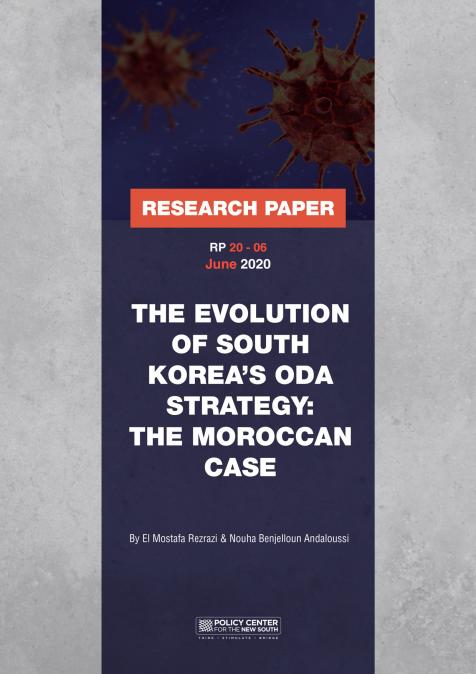Speakers

Jean-Pierre FILIU
Professeur des universités
Jean-Pierre Filiu est professeur des universités en histoire du Moyen-Orient contemporain, à Sciences Po depuis 2006. Membre du département d’histoire, il enseigne au sein de l’Ecole de Paris des affaires internationales(Paris School of International Affairs/PSIA).
Lauréat de Sciences Po en 1981, il est diplômé de l’Institut national de langues et civilisations orientales(INALCO) (DULCO de chinois en 1983 et d’arabe littéral en 1985). Il a obtenu à Sciences Po un doctorat en histoire (1985) et l’habilitation à diriger des recherches (2008) et a été professeur invité dans les universités américaines de Columbia et de Georgetown.
Jean-Pierre Filiu rejoint le CERI en 2009. De 1988 à 2006, il a servi comme conseiller des Affaires étrangères dans les ambassades de Fra ...









